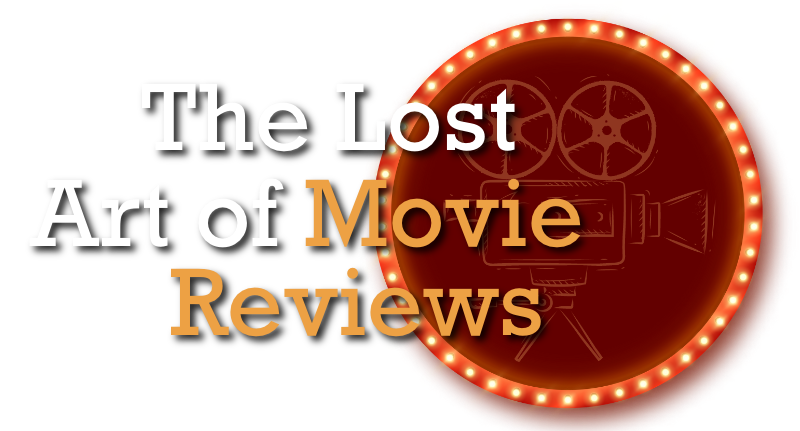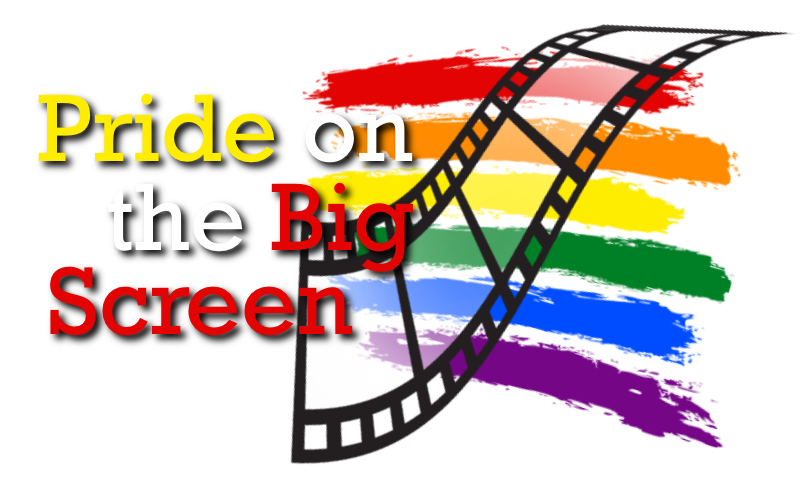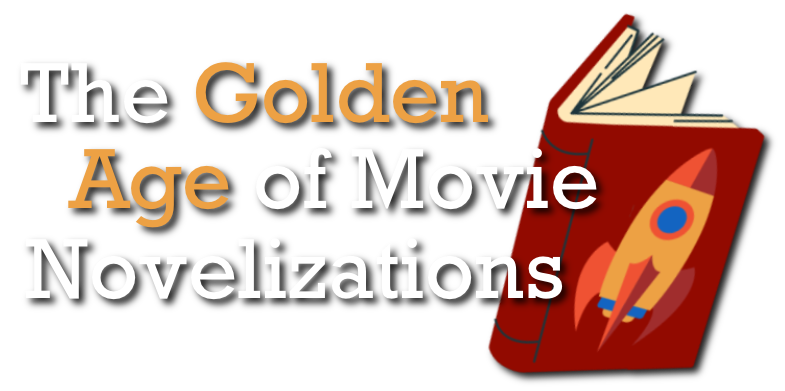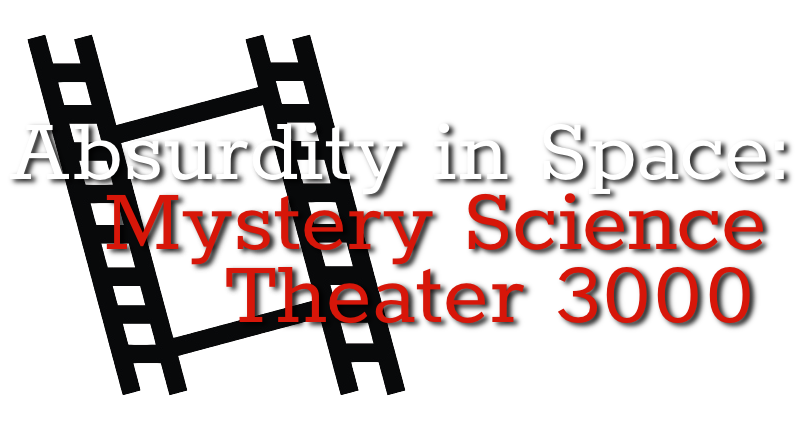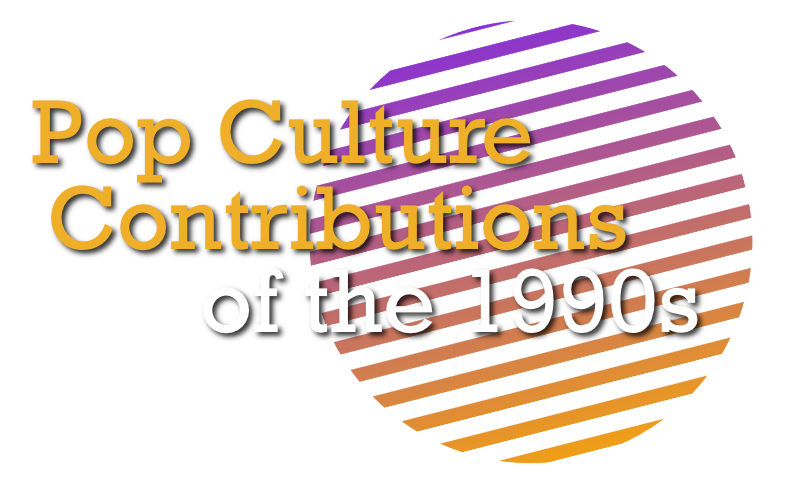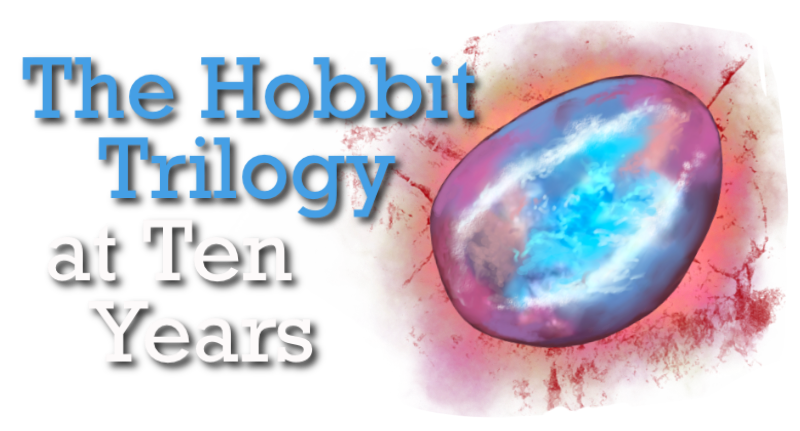BACK TO POP CULTURE
May 12, 2023:
Forgive me if I channel your grandpa for a moment… but in my day, professional movie reviewers were a thing, dammit! (To be clear, "my day" was the 1970s through the early 1990s.)
In those pre-internet times, the movie reviewer held a unique and informed place in pop culture. They were the guardians of insider information when Hollywood was still largely a mysterious realm to outsiders. Reviewers like Vincent Canby (The New York Times), David Ansen (Newsweek) and Richard Corliss (Time) had the first (and sometimes last) word on whether a feature film was worth you spending two hours and $2.75 (the average price for a ticket between 1975 and 1985). They could make or break box office receipts and influence significant awards like the Oscars. They were also, for the most part, very serious about what they did, as opposed to just some dude with opinions and a public platform for expressing them. They often held advanced degrees in film studies, and wrote academic papers, books and screenplays. They had the chops for understanding and analyzing a film within the context of the art form, as opposed to just being a fanboy who’s seen a movie so many times he’s memorized every detail about it.
As powerful as these folks could be, movie reviewer royalty wasn’t crowned until Roger Ebert and Gene Siskel brought reviews off the printed page and onto the television screen in a big way. Although they began with a low-budget show on public television in 1975 (see information on this below), the twosome became critical powerhouses when they retooled and syndicated their creation as At the Movies. Beginning in 1982, if you wanted to see clips from a film other than what you got in the meager trailers — because trailers back then generally didn’t show you the entire plot in sixty seconds — then you had to tune into At the Movies or one of its imitators.
May 12, 2023:
Forgive me if I channel your grandpa for a moment… but in my day, professional movie reviewers were a thing, dammit! (To be clear, "my day" was the 1970s through the early 1990s.)
In those pre-internet times, the movie reviewer held a unique and informed place in pop culture. They were the guardians of insider information when Hollywood was still largely a mysterious realm to outsiders. Reviewers like Vincent Canby (The New York Times), David Ansen (Newsweek) and Richard Corliss (Time) had the first (and sometimes last) word on whether a feature film was worth you spending two hours and $2.75 (the average price for a ticket between 1975 and 1985). They could make or break box office receipts and influence significant awards like the Oscars. They were also, for the most part, very serious about what they did, as opposed to just some dude with opinions and a public platform for expressing them. They often held advanced degrees in film studies, and wrote academic papers, books and screenplays. They had the chops for understanding and analyzing a film within the context of the art form, as opposed to just being a fanboy who’s seen a movie so many times he’s memorized every detail about it.
As powerful as these folks could be, movie reviewer royalty wasn’t crowned until Roger Ebert and Gene Siskel brought reviews off the printed page and onto the television screen in a big way. Although they began with a low-budget show on public television in 1975 (see information on this below), the twosome became critical powerhouses when they retooled and syndicated their creation as At the Movies. Beginning in 1982, if you wanted to see clips from a film other than what you got in the meager trailers — because trailers back then generally didn’t show you the entire plot in sixty seconds — then you had to tune into At the Movies or one of its imitators.

Sneak Previews (originally known as Opening Soon… At a Theater Near You) was produced by WTTW, a PBS-affiliate out of Chicago. Illinois. It featured two Chicago-based film critics, Roger Ebert of the Chicago Sun-Times and Gene Siskel of the Chicago Tribune. The format for each show was relatively straightforward. Three films were typically reviewed, complete with a synopsis and short clips, followed by a brief discussion/argument over the merits of each. There was also a spot at the end of every show called "The Dog of the Week," which was introduced by a yipping terrier called Spot the Wonder Dog. This segment featured a films the critics considered utterly horrible.
Although Siskel and Ebert agreed with each other a lot more than they disagreed, their arguments (tame by today's reality television standards) made for more lively episodes and invariably arguing is what they were known for. They cohosted the show from 1975 until they started their own syndicated show in 1982. Sneak Previews continued on under other critics until 1996 when it was finally canceled.
Although Siskel and Ebert agreed with each other a lot more than they disagreed, their arguments (tame by today's reality television standards) made for more lively episodes and invariably arguing is what they were known for. They cohosted the show from 1975 until they started their own syndicated show in 1982. Sneak Previews continued on under other critics until 1996 when it was finally canceled.
Movie review shows became such a big deal that they inspired companion books the size of encyclopedias. Ebert’s Movie Home Companion (in multiple editions) was always a best seller and essential reading for film enthusiasts (even if you completely disagreed with Ebert). When I managed video rental stores in the late 1980s and early 1990s, every location had one of these books behind the counter. They were the Bible for staff and patrons who wanted to know if a VHS tape was worth recommending or renting.
But time went on and as with every other way we communicate, the internet changed movie reviewing forever. YouTube is filled with channels dedicated to movie reviews, gossip, insider information, and interviews with the stars and directors — all of which was once the purview of a select few. The ability of “nonprofessionals” to publish their movie reviews was a great leap forward in freedom of speech, but it also created an informational quagmire. It still amazes me that someone can build a 25-minute “review” around a 20-second teaser on the next big superhero blockbuster. And let’s be clear, many of the "reviews" you’ll find online aren’t really critical analyses anyway. They are simply speculation and spoilers about plot points, character development, and which “Easter eggs” you missed because you didn’t look at the movie one frame at a time. While today’s reviewer may chatter on ad infinitum about how a film fits into the larger Star Wars Universe, very few discuss how it fits into the Art of Cinema. This is perhaps an example of how the Information Age often provides more without providing better data.
Honestly, this blog is not intended to indict our current movie review system, such as it is. For those of us who love pop culture, the current system has some definite benefits. But a little part of me misses the anticipation of plopping down in front of the television on a Sunday evening, starved for the few scraps of information that Siskel and Ebert are going to give me about that film I really, really want to see.
But time went on and as with every other way we communicate, the internet changed movie reviewing forever. YouTube is filled with channels dedicated to movie reviews, gossip, insider information, and interviews with the stars and directors — all of which was once the purview of a select few. The ability of “nonprofessionals” to publish their movie reviews was a great leap forward in freedom of speech, but it also created an informational quagmire. It still amazes me that someone can build a 25-minute “review” around a 20-second teaser on the next big superhero blockbuster. And let’s be clear, many of the "reviews" you’ll find online aren’t really critical analyses anyway. They are simply speculation and spoilers about plot points, character development, and which “Easter eggs” you missed because you didn’t look at the movie one frame at a time. While today’s reviewer may chatter on ad infinitum about how a film fits into the larger Star Wars Universe, very few discuss how it fits into the Art of Cinema. This is perhaps an example of how the Information Age often provides more without providing better data.
Honestly, this blog is not intended to indict our current movie review system, such as it is. For those of us who love pop culture, the current system has some definite benefits. But a little part of me misses the anticipation of plopping down in front of the television on a Sunday evening, starved for the few scraps of information that Siskel and Ebert are going to give me about that film I really, really want to see.

